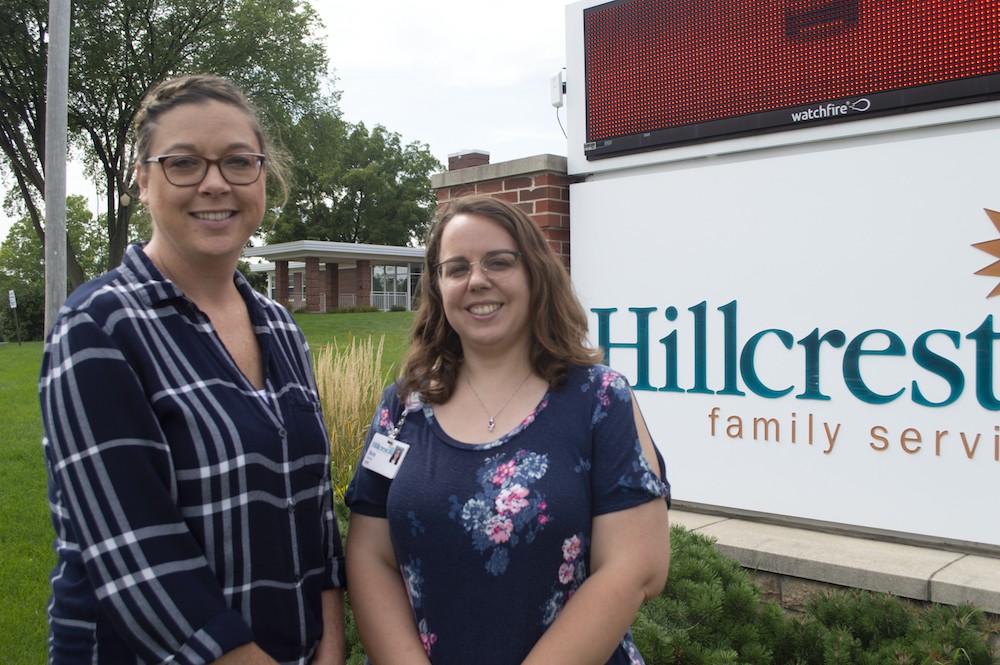Bridging Gaps in Services

Our Brain Health Initiative
This story is part of our Transforming Together series, which highlights 20 key moments in our Foundation’s first 20 years. Read more stories in the series.
Julie Homb, a licensed therapist in Dubuque, has seen an increase in the number of people seeking counseling — and in the long run, that could be a positive sign.
“I can see a little spark, a little bit of light where it’s normalized to have a conversation about our brain health,” she says. “People are learning that it’s OK to reach out.”
Homb was a partner in the Community Foundation’s brain health initiative, which brought together diverse community leaders to help improve access to services and chip away at the stigma around mental illness.
“In our 2016 community needs assessment, brain health overwhelmingly rose to the top of issues that the Foundation and community needed to put time and resources into,” says the Community Foundation’s Peter Supple, who facilitated the brain health initiative.
A $50,000 grant from the Telligen Foundation helped kickstart the initiative shortly after the needs assessment. By including leaders from areas like education, law enforcement and faith communities, the Foundation opens new pathways for people to receive the support they need.
Sometimes this these pathways are new services offered by health care providers, such as Crescent Community Health Center’s Brain Health Clinic, which offers integrated care in a setting where everyone is welcome regardless of their insurability.
Other times, they are non-traditional solutions, such as the Hillcrest Family Service Mobile Crisis Unit, which police officers can call when they encounter a person experiencing a brain health emergency.
“The Community Foundation is uniquely positioned to do this type of systems change work,” says Chris Corken, a Community Foundation board member and retired Dubuque County prosecutor who led brain health access conversations with law enforcement. “We can forge partnerships among local leaders to find solutions to regional issues. That’s the blueprint for change.”